Achieve your client's financial and philanthropic goals, strengthen the relationship with your client, and open doors with charitable giving conversations.
Professional advisors can offer clients many alternatives, in addition to tax-advantages, by working through Community Foundation of Acadiana (CFA) verses commercially charitable funds and private foundations. Click here to discover the benefits of working through CFA.
CFA partners with professional advisors by offering many tools for developing a charitable plan that achieves their client's philanthropic and financial goals.
From retirement assets, to property, to trusts -- we offer clients the ability to leave a legacy.

